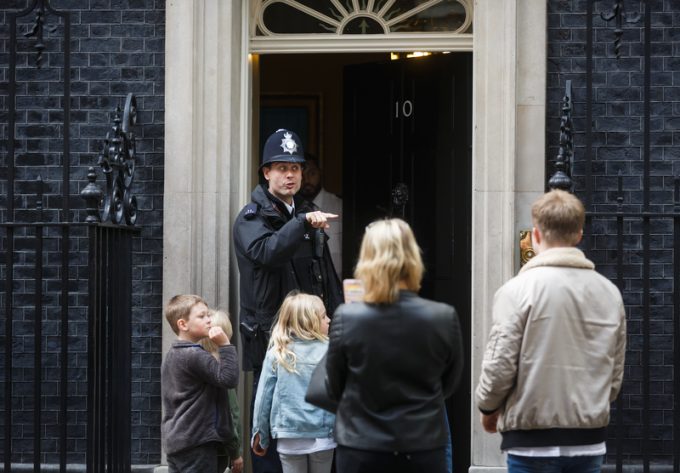UK needs closer EU ‘alignment’ to rebuild food supply chains
Research has called into question the UK’s ability to feed itself in the event of ...

Politics is generally something The Loadstar refrains from covering – largely because we haven’t needed to. But today’s UK election result forces comment: the plot thickens.
For the best part of 25 years – from the perspective of international trade and the transport and logistics industries that support ...

Comment on this article